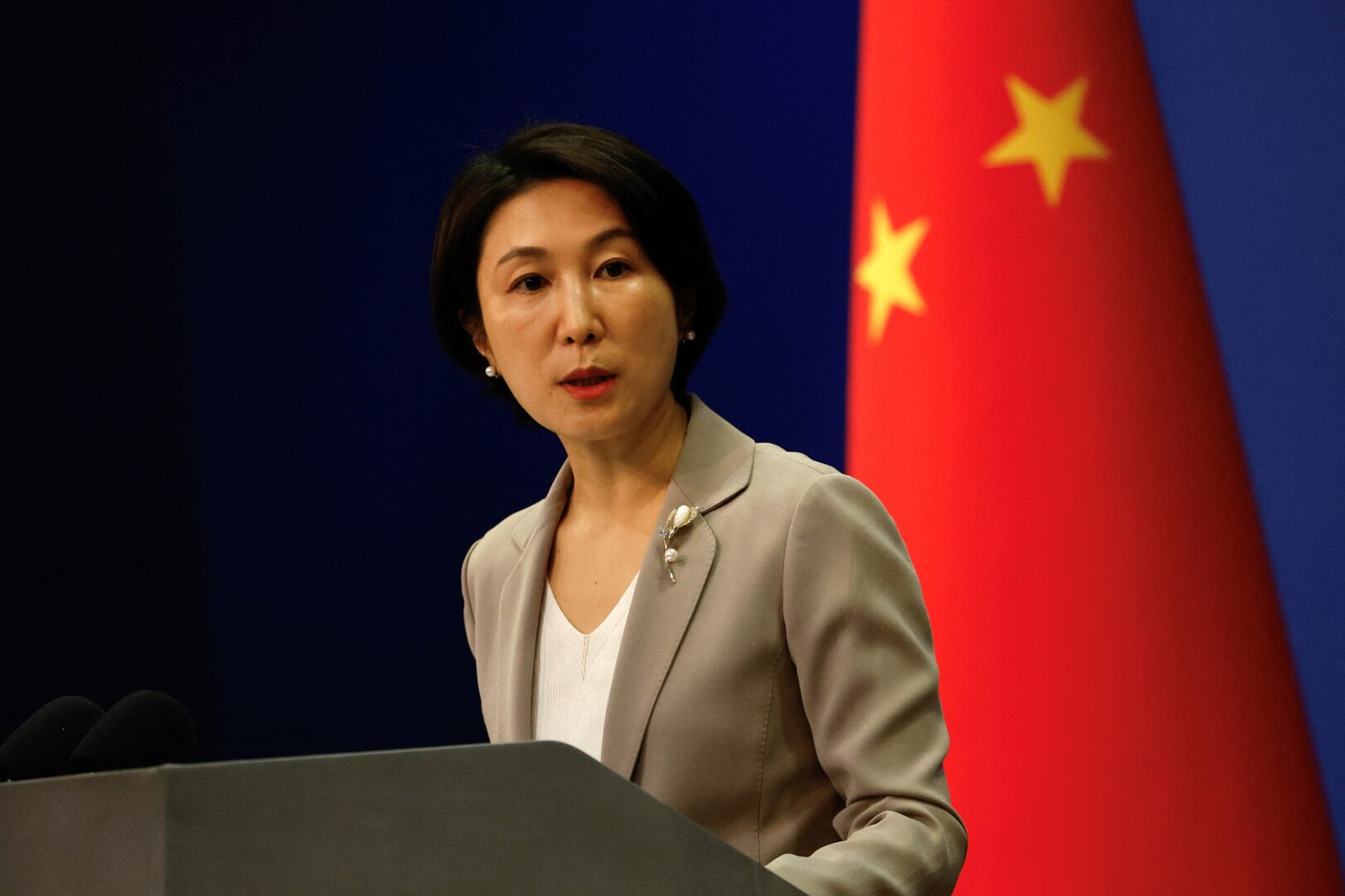BEIJING, China — China has issued a strong condemnation of the United States’ recent decision to revoke student visas for Chinese nationals, labeling the move “political, discriminatory, and deeply damaging to international cooperation in education.”
This sharp reaction follows an announcement on Wednesday by U.S. Secretary of State Marco Rubio, stating that Washington would aggressively begin cancelling existing student visas for Chinese citizens while implementing stricter vetting procedures for all future applications from both China and Hong Kong.
Rubio’s announcement signifies a notable escalation in the Trump administration’s assertive stance on China and has elicited strong criticism from Beijing, particularly due to its potential to disrupt academic exchange and impact the lives of thousands of students.
“Such political and discriminatory practice of the U.S. side has exposed the lie of the so-called freedom and openness that the U.S. has always boasted of, and will only further damage the U.S.’s own international image and national credibility,” stated Chinese Foreign Ministry Spokesperson Mao Ning during a press briefing.
She further accused the U.S. of using ideology and national security concerns as a pretext to undermine legitimate academic mobility, cautioning that the action would further harm the United States’ global image and diplomatic credibility.
“We firmly oppose this action and have made serious diplomatic representations to the U.S. side,” Mao added, conveying Beijing’s strong opposition.
Also Read: Harvard sues Trump administration over ‘unlawful’ international student ban
China urged Washington to respect and safeguard the rights of international students, emphasizing their significant contributions to American academic institutions and the broader cultural and economic landscape of the United States.
Rubio’s statement comes amidst increasing tensions between the two nations and just a day after China criticized his decision to suspend all visa appointments globally—a move analysts interpreted as part of a wider strategy to limit international academic engagement.
The Trump administration’s policy has also faced opposition from U.S. universities, with prominent institutions like Harvard resisting government pressure related to student activism and academic freedom.
Observers suggest that the current trend could have lasting consequences for international education, bilateral relations between the U.S. and China, and the global perception of American openness.

